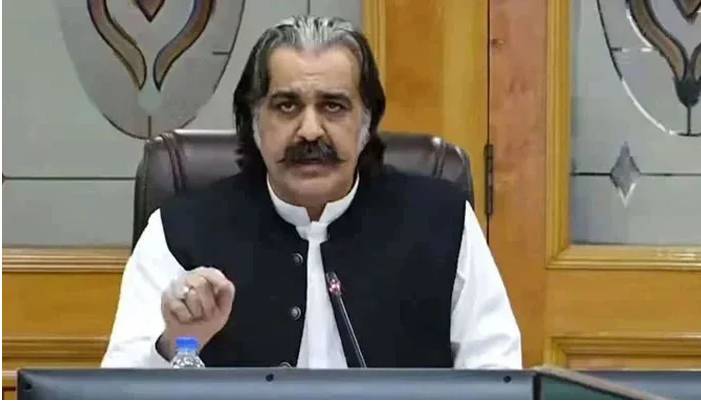Khyber Pakhtunkhwa (KP) Chief Minister Ali Amin Gandapur announced plans to send a delegation of tribal elders to Afghanistan for peace talks. Speaking in Dera Ismail Khan, he claimed the federal government had failed to achieve meaningful progress with Afghanistan and asserted that provincial efforts could resolve the issue through negotiations.
This statement has sparked a constitutional debate. Under Pakistan’s Constitution, foreign policy and international relations fall exclusively under the federal government’s domain. Provinces do not possess the authority to engage in foreign affairs or diplomacy independently.
Critics argue that Gandapur’s announcement disregards these legal boundaries. His declaration to send a delegation for talks with Afghanistan undermines the central government’s authority and risks creating confusion in Pakistan’s foreign policy stance. Such unilateral actions could have serious implications for Pakistan’s international relations and sovereignty.
Gandapur’s confidence in achieving results through tribal jirgas may resonate locally, but experts believe it disregards the complexity of bilateral issues between Pakistan and Afghanistan. The move also raises concerns about political grandstanding, given his simultaneous remarks targeting opposition politicians and referencing the PTI founder’s imprisonment over alleged corruption.
Constitutional experts emphasize that any provincial government initiative on foreign relations is not only unauthorized but also counterproductive to maintaining a cohesive national policy. Federal institutions must ensure that such statements are addressed to avoid setting dangerous precedents for governance.


